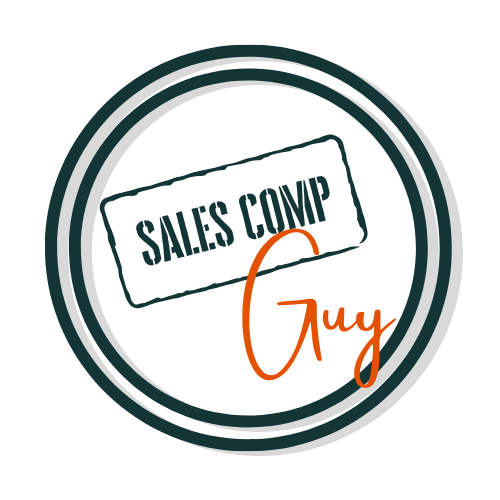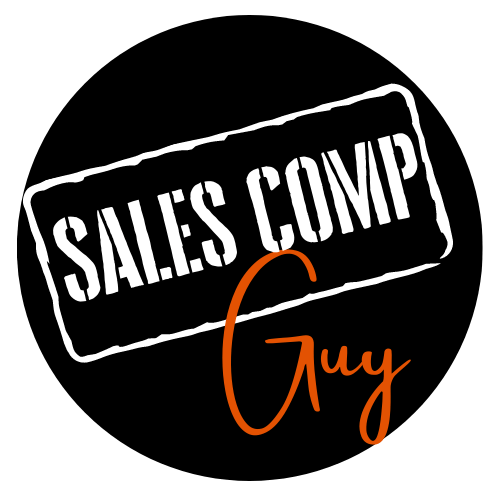Compensating Transactional Sales
Cultural considerations for businesses with short sales cycles

In a previous post, I wrote about how to use compensation to keep a team engaged throughout a long sales cycle, or any sales process that extends longer than a year.
That article begs the question—what do you do for a short sales cycle? Needless to say, there are a completely different set of situations, but one thing remains true: there’s no one-size-fits-all approach.
What is a “short” sales cycle?
In this case, I’m talking about any business that has a heavily transactional sales process. For example, selling internet service or solar power access over the phone are both transactional offerings. The sales teams in this instance are going for quantity and not spending a lot of time nurturing the contacts. The goal is to drum up interest quickly and get to a client or prospective commitment in the same conversation as the initial introduction. This is a volume-based sales role with an expectation of daily and weekly performance levels.
Sales roles pursuing these types of transactions are often contracted and paid on commission (if not solely, in large part). They can also be employees who are exclusively focused on engagement and outreach for other roles to pursue the follow-up. Inside Sales or Business Development Representatives (BDRs) can have this out-bound emphasis centered around the number of out-bound conversations occurring daily with expectations of 150 or more dials per day. Recognize that this doesn’t all have to be done over the phone. Think of the cell-phone or cable providers at the big-box stores, the kiosks at events, or the vendor shows where the in-person sales process may only last a few minutes from start to finish.
Compensation Considerations for Short Sales Cycles
One thing that remains the same, whether you’re compensating for a long-term or short sales cycle, is that best practice is to connect the reward as closely as possible to the desired behavior. For heavily transactional businesses, this could even mean offering cash payouts on a daily or weekly basis.
Beyond commission payouts, there are also some other factors to consider, including:
- Company culture and reputation: When the focus is on closing sales as quickly as possible, culture and mission can get lost in the shuffle. The reputation that is conveyed in short order with customers still matters. When working with contracted salespeople, it’s important to provide some cultural onboarding to make sure they’re aligned with your organization’s values and processes—even though they are in contact with customers for only a short period of time, they are still ambassadors of your brand. In our current world of social media, nothing lasts quite as long as a poor experience between client-facing roles and prospective customers.
- Visibility and ownership of the sales process: A downside of a fast-paced sales environment and outsourcing your sales is the lack of control and immediate oversight the company may have in the sales process. You don’t want a Wells Fargo situation, so it’s important to make sure you’re incentivizing your salespeople in a way that promotes ethical sales practices (as well as built-in processes and quality controls).
- Aggressive sales incentives are the norm: People working in these environments expect heavy or even 100% commission-based compensation plans. Just make sure to map out the cost of sale and the varying points of performance that the company can sustain. Keep in mind if you have to implement a threshold (minimum level of performance before incentive pay), and if your financial model can afford accelerated commission rates or if caps/maximum scenarios will apply. All of this depends on your organization’s goals and the ability to deliver on the products/services being offered.
Unlike a long sales cycle where the sales process and milestones of progress are emphasized more heavily than the outcome, incentives for transactional sales will be more focused on rewarding the financial outcomes. Given the pay is focused on the aggressive and speedy objectives, the organization will have to put more internal emphasis on things like culture and company values, training, processes and procedures, and quality controls to keep sales delivering on the types of goals your organization desires.
To learn more about creating a sales comp plan that attracts, retains, and motivates talent,
sign up for my biweekly newsletter.












